Bluelock, S1 - Shadow Self

Spoiler alert, for season 1 - I talk about some characters, and a positive pattern I noticed with respect to their flaws.
I also correlate 1 observation about Captain Levi, from Attack on Titan, season 1.
I really liked this scene in Bluelock, Season 1, and watched it many times in 2023.
In addition to the epicness, I was fascinated by how several clues and layers that were already stablished in the story, suddenly came together in a flash of insight for the character, my perception of him, and me, so I watched the same scene on repeat.
The flash of insight is critical in a plotting sense - I think it's the point where the character knows what he needs to do, and that's when the rising action starts, the build up to the climax.
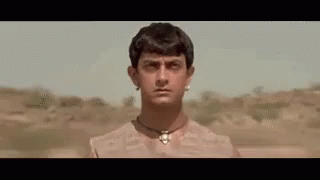
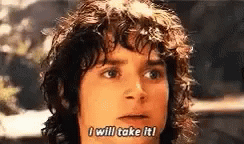
In the case of Bluelock though, a lot was going on (every other episode the heroes can get kicked out of football, forever), the awakenings as a consistent storytelling device took me by surprise, and I really liked Bachira.
Being weird and exceptional are in my experience, 2 sides of the same coin - being singled out for asking too many questions, and targeted, was also accompanied by an English teacher several years my senior, asking me what I thought of her poetry, and lot of compliments from most people.
The isolation is real, the problems are different, and my mother's thoughts on the matters acted, and still act, as a strong guide post.
In that sense, children making fun of Baby Bachira for asking them to be 'one with the ball', and his mother (an artist) asking him to listen to his voice, struck a huge and satisfying chord at his awakening.
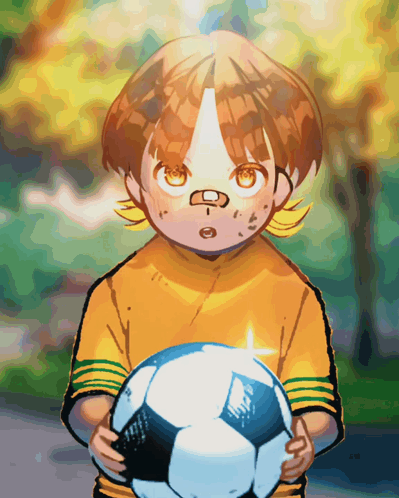
I just realized yesterday, while rewatching that scene, that every character in season 1 has the union of their shadow and light side, during their awakening....
I suspect this concept has strong Zen roots, with awakening akin to "waking up to your true self, and to stop dreaming", informing all of reality with the full bearing of what makes a Buddha, you.
Not on being the buddha - but on having the buddha become manifest through you.
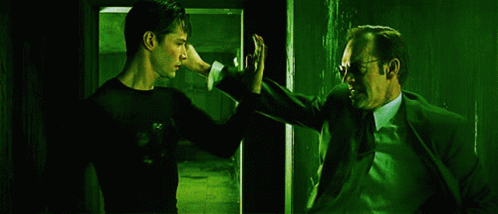
The 4 characters I am going to talk about are Chigiri, Nagi, Barou and of course, Bachira.
Chigiri - the fear of no longer being a genius, and the fear of injury, dissipating together into the joy of running the fastest.
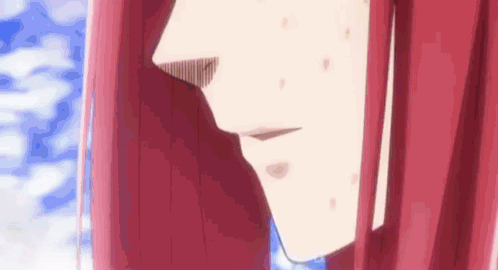
Nagi - the fear of his friend losing the game, motivates a sudden release of interest into this otherwise lazy personality, manifesting into a curiosity based ego, with his curiosity being the focus of his limitless aptitude.
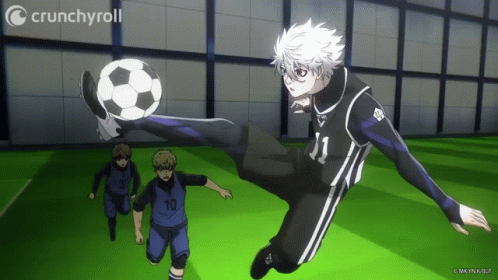
Barou - the fear of failure, followed by resenting himself for not trying his hardest, culminating in....villainy, when faced with the idea that he might become a loser, which is probably the worst fate known to mankind, in his perspective.
No light side here, but I'm still right, since Barou is one of the most toxic people in season 1 - he just became fully toxic.
In Jungian terms, maybe he had no light to begin with, but came to accept that as a way of life, in and of itself. We also see him very well right from the get go, as opposed to other players fumbling through matches, struggling under the pressure of the tournament, their incompetencies, and their own passion.
He stayed in character, and didn't grow, but the overall result was of growth, because he was now even more toxic.
Black and red for his intentional villain arc is perfect.
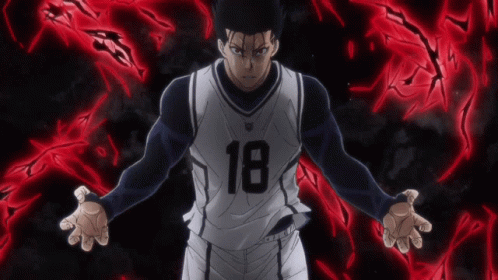
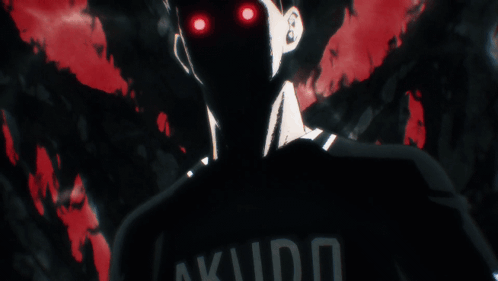
Isagi is a donkey.
Bachira - the fear of being left behind by his friend, and being alone again, ignited the fresh perspective that the monster he always played with existed precisely because he liked playing soccer, and an imaginary friend was his only friend.
But if he always had fun with himself, he didn't need that monster anymore, or other friends, culminating in the shadow self disappearing - literally, goodbye monster.
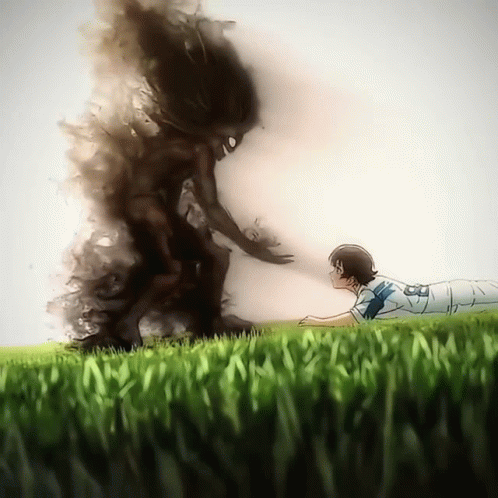
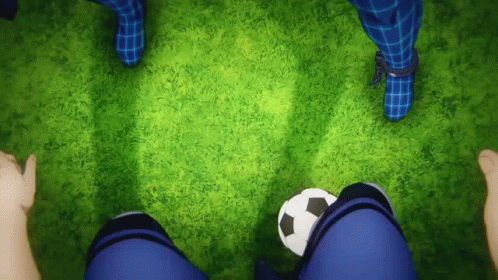
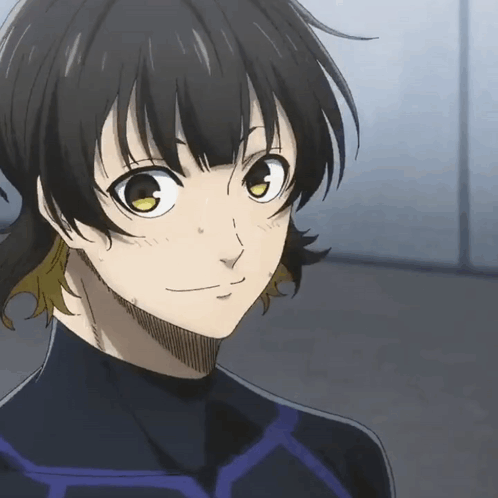
Their four egos correspond directly to their talents also, which also serves as their crutch, and houses their personality traits.
Chigiri is a child prodigy, born with fast legs - the unique nature of his genetics leading to an injury as a child, and a subsequent lethargy in soccer, out of fear the injury might make him a permanent cripple.
Better to remain in purgatory forever, than to break free - until he decides to commit, and take that chance.
In some episodes, they show details of his leg care routine, showing that his decision was not pure machismo.
Yang on the field, needs yin off the field!
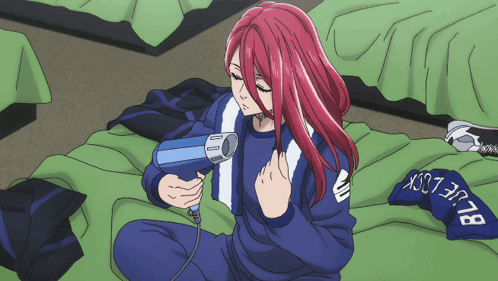
Despite Nagi having unlimited potential, he doesn't do anything - because of his potential, everything is easy for him, so he always has to be prodded around.
He catches his phone on the tip of his shoe, after jumping down the stairs, because if the phone breaks, it would be a hassle to play games on his phone....
This prompts his friend to recruit him into soccer, since this skill would translate well to passing in soccer.
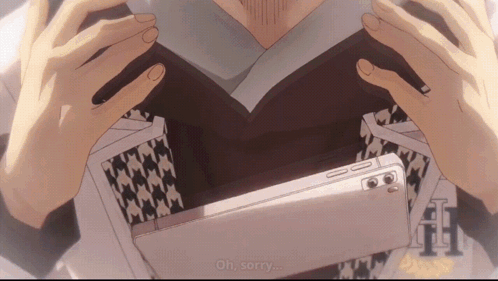

Barou hates losing, making him a perfection-oriented, toxic, elitist player who is also diligent, since he doesn't like mistakes, from him, and from others, making him a terrible team player who is extremely harsh on everyone, but mostly on himself.
So when he starts losing, he thinks it's the end of the world, until he pushes himself harder for it, instead of integrating it like the others. They also show him as a clean freak...I suspect it was intentional, and a nice way to show his diligence outside the field.
Captain Levi is shown like that, too, but I suspect in Levi's case, it's more of a way he can control his environment to make himself feel better.
Both are always irritable, with some veins bursting in Barou's case.
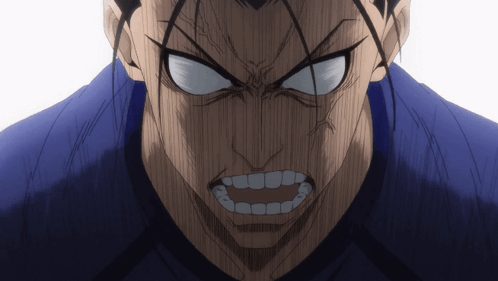
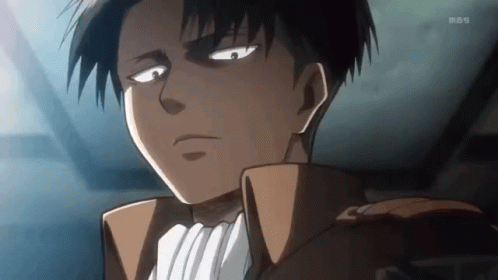
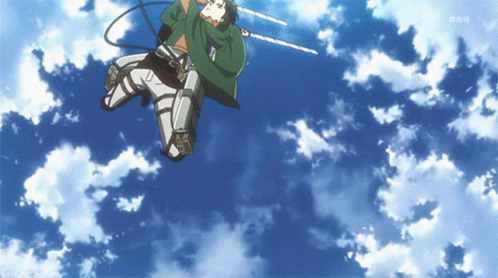
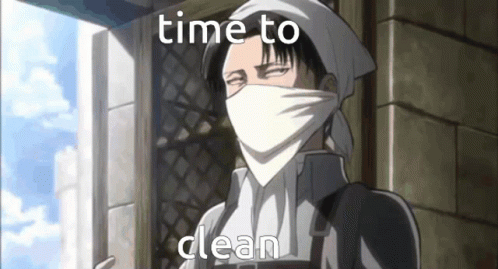
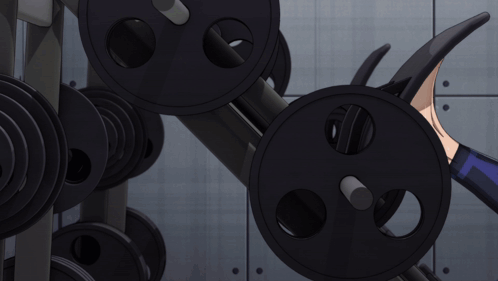
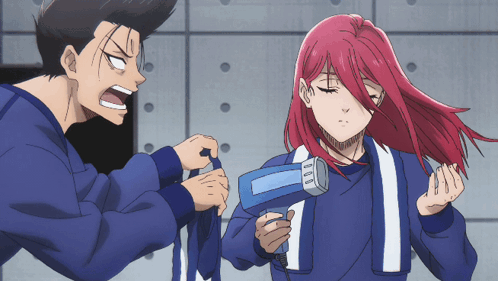
Bachira likes to have fun, and realizing that the monster was becoming a crutch, lets it go, so he can remember what it means to have fun again, even if he is always alone, resulting in an awakening of a completely unpredictable, fun-oriented, dribble focused playstyle that uses everything except his hands.
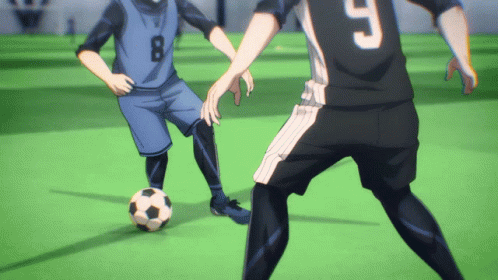
Conclusion
I don't know if Zen Buddhism goes into the jungian integration of your shadow self (darker, scary side, fear based thoughts ), with the lighter side (things you are grateful for, or are known for), especially in the context of enlightenment.
Maybe, the yin and yang collapse into each other, leaving an empty circle, which is facilitated after complete enlightenment.
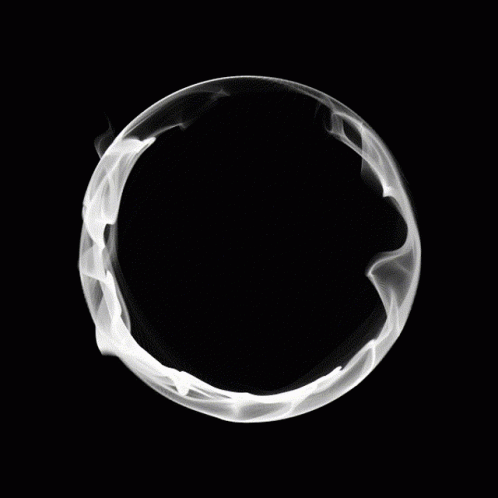

You can see the yin yang briefly, until it becomes Oogway 'discovering the art of harmony and focus'
What do you think?
Member discussion